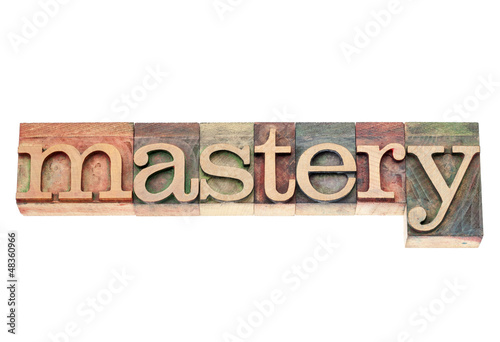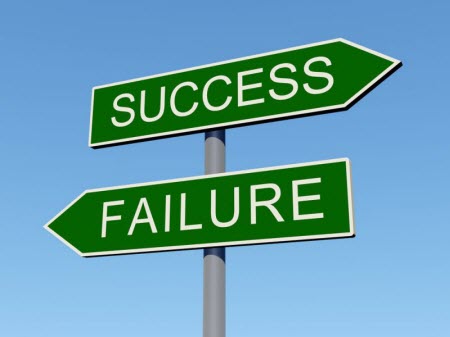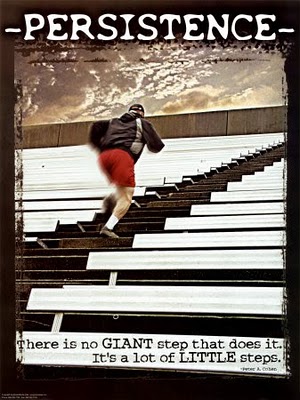 |
| http://ww1.prweb.com/prfiles/2006/12/28/494245/criticalthinkingimage2.jpg |
Critical thinking means analyzing your thoughts and thinking beyond your normal capacity to be able to analyze and assess your thinking. With analyzing, you will be able to identify its purpose, question issues, gather assumptions, main ideas, and points of view. With assessing, you will be able to check it for clarity, precision, depth, relevance, logic and fairness. In critical thinking class, we talked about all of these and use examples to help understand them better. I think that it's good to think like this, because you're thinking deeper into the question or topic, ect, and gathering all of what you can out of it.
Taken from (http://www.criticalthinking.org/pages/our-concept-of-critical-thinking/411 ), there was a list of traits that a critical thinker should have:
A well-cultivated critical thinker:
- Raises vital questions and problems, formulating them clearly and precisely
- Gathers and assesses relevant information, using abstract ideas to interpret it effectively
- Comes to well-reasoned conclusions and solutions, testing them against relevant criteria and standards
- Thinks openmindedly within alternative systems of thought, recognizing and assessing, as needs be, their assumptions, implications, and practical consequences
- Communicates effectively with others in figuring out solutions to complex problems
I think that if you think critically, you will be able to earn better grades. Why is this? For example, if you have an essay question and you answer it with all supporting facts and details that you've learned about, that's good right? But what about if you put some critical thinking into it? That's better because you're using deeper thoughts and incorporating more than just the essentials you learned about. Teachers would like you do think more critically and I believe your grade will reflect off of that, because then teachers know that you have gone out of the way to thinking on what your topic really means.
I will want to think more critically, and now that I have some good information from my critical thinking class, I know I will be able to, and be a better thinker and college student in the future. Everyone should learn how to analyze and assess different parts of thoughts and everything so they can better their thinking skills and learn more!


.JPG)














